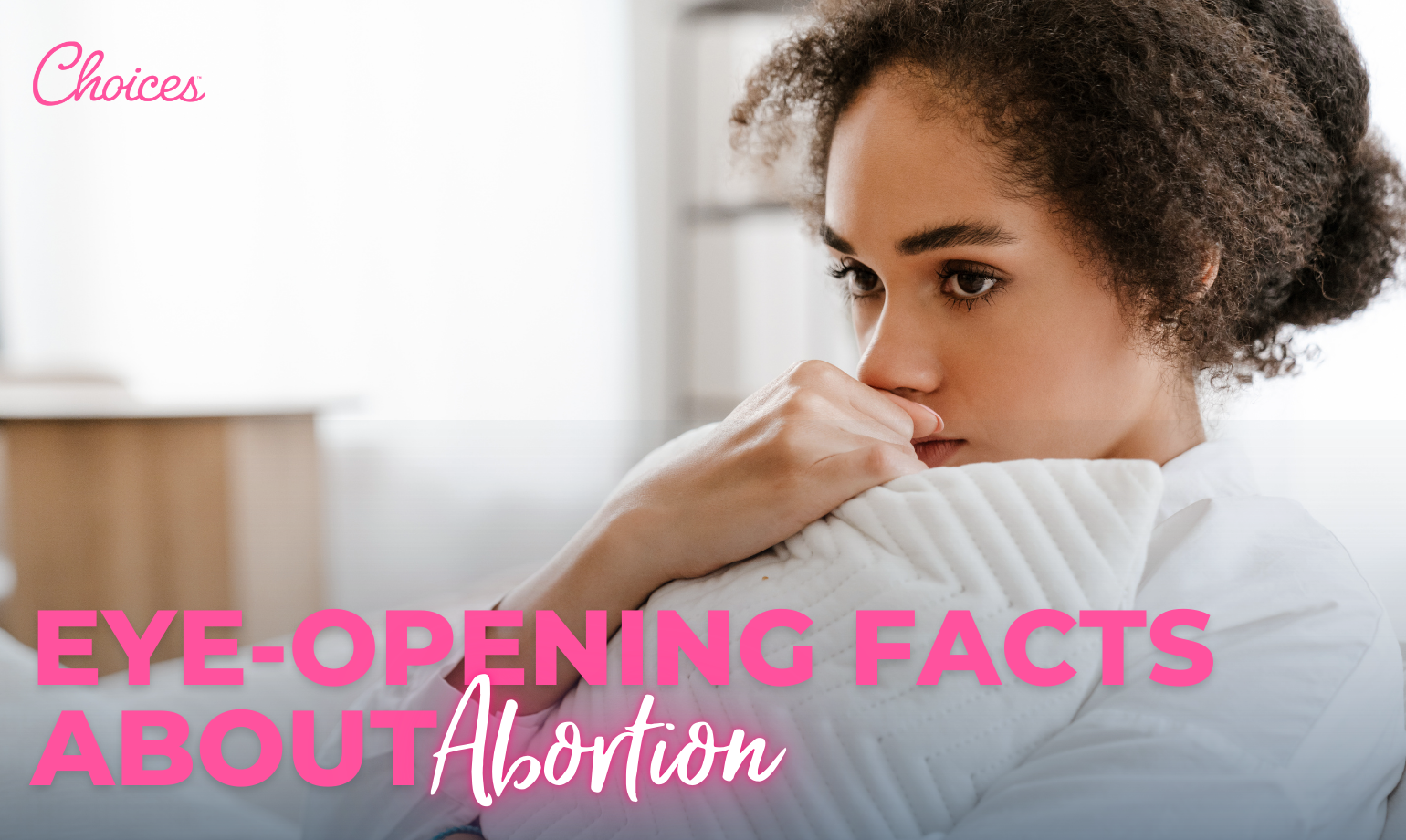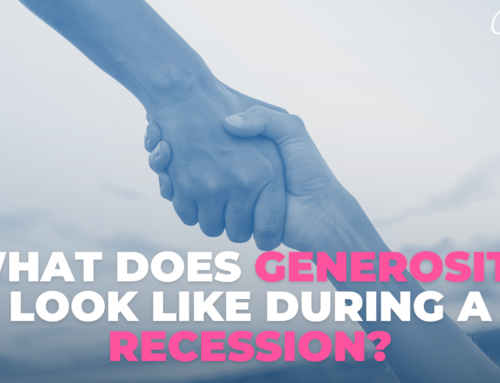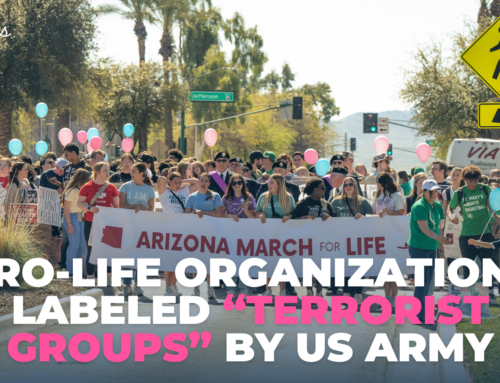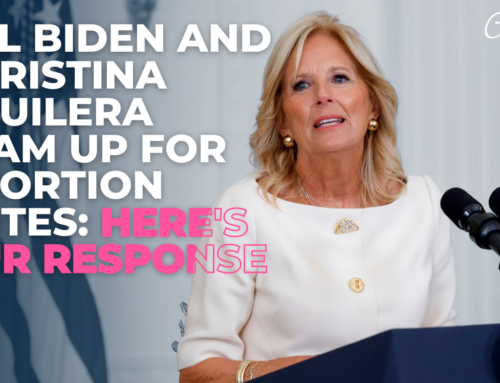At Choices Pregnancy Centers, we’ve walked alongside many women facing difficult decisions regarding pregnancy. Over the years, we’ve understood that many people are taught to believe that a fetus is nothing more than a “clump of cells” — a vague, unformed mass of tissue. If this is what you believe, it’s understandable why you would think it’s acceptable to remove it. However, there’s another side to the story, one based on science and the reality of human life. Below, we share some eye-opening facts about the humanity of the unborn.
1. Human Life Begins at Fertilization
Scientific evidence is clear: a new human life begins at the moment of fertilization. At this point, sperm and egg — each containing half the genetic material needed — come together to form a new, genetically distinct human life. This isn’t just an “overgrowth of cells” like a tumor; it’s a developing human being, unique from both parents.
2. Development Starts Immediately
From the moment of fertilization, the new individual begins to grow and develop. All of the genetic information needed for this new human life is present. A female fetus, for example, already has early reproductive cells in her ovaries by nine weeks after fertilization. Though smaller and less developed, the preborn baby is no less human than a newborn, toddler, or adult.
3. Human Rights Begin with Being Human
We all agree that killing an innocent person is wrong. Whether the victim is 60 years old, 16, or 6, their humanity is what gives them the right to life. This principle doesn’t change just because a person is younger or less developed. A human embryo or fetus is a human entitled to the same right to life as any other human being.
4. A Baby’s Heartbeat Starts Early
A baby’s heartbeat begins just 22 days after conception, often before a woman even knows she’s pregnant. By the time many women consider abortion, that tiny heart is already beating, pumping blood through the child’s growing body. These aren’t just cells; they are signs of life.
5. Preborn Babies Can Feel Pain
Scientific studies have shown that preborn babies can feel pain in the womb. Research suggests that by 20 weeks gestation (or even earlier), the nervous system is developed enough for the fetus to experience pain. This means that the fetus is not just a passive “clump of cells” but a living, feeling human being.
6. Personhood and Humanity are Connected
Some argue that embryos and fetuses aren’t “persons” because they lack consciousness or self-awareness. However, the right to life is grounded in being human, not in achieving a specific level of development or cognitive function. History has shown the dangers of labeling certain groups as “non-persons.” For instance, women, black people, and Jews were once denied personhood, leading to grave injustices. Excluding preborn babies from the category of “persons” is another dangerous step along the same path.
7. The UN Declares Human Beings as Persons
After the atrocities of the Holocaust, the United Nations adopted the Universal Declaration of Human Rights, which specifies that human beings should be considered persons. Since the preborn are undeniably human, they should also be recognized as persons with their own rights, including the most fundamental right—the right to life.
We think every human should have the opportunity to live a good life, including babies conceived unexpectedly. If you or someone you know is facing an unplanned pregnancy and feeling unsure or overwhelmed, we’re here for you. At Choices Pregnancy Centers, we offer compassionate, non-judgmental support and a safe place to ask questions or talk. Contact us today to make an appointment, or explore our website for more information. You are not alone, and we’re here to walk with you every step of the way.
These facts may be difficult to hear, especially if you’ve grown up believing something different. But we believe that every woman deserves to know the full story before making such a life-altering decision.





